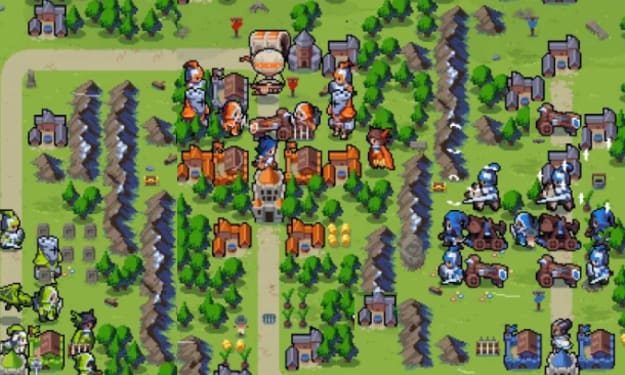Society & Comics
How Society Is Reflected in Comic Books

Okay, be honest, how many of you read comic books when you were kids? Good, now how many of you have been hurt by the wave of garbage that has washed up in the theatres, bastardizing your childhood heroes? Okay, then you’ve probably stopped putting stock in Hollywood’s collaboration with comic books because of all the betrayal.
Though society has perceived comic books as escapism, this perception is only partially true. Underlying the flying and tossing cars about like toys, comics have made a sincere effort since the beginning to reflect the society they take place in. The black and white world perpetrated by such always make the right choice—heroes like Superman and Captain America were interestingly enough among the first to show this reflection during World War II. Though often somewhat racist in tone, comics shared the commonplace devout patriotism of the time, with Captain America socking Hitler in the jaw, and Superman fighting on the Western Front. A more risky take on the World War II environment was Art Spiegelman’s Maus, the first graphic publication to win a Pulitzer Prize for the depiction of the Jewish experience during the conflict.
While this fanciful (and very popular culturally) accordance with the public was certainly reflective of society, it took some time for some of the more controversial issues facing society to emerge in comic books. The publishers faced a battle with the Comics Code Authority, founded after Frederick Wertham’s famous book Seduction of the Innocent resulted in governmental legislation of the art form. Pretty much any issue that was not in line with a very conservative approach was questioned and in many cases was rejected by the authority and so the publisher.
This began to change during the early 1970s, only slightly behind the massive cultural changes of the ’60s. Taking a huge chance for the time, Stan Lee published three issues of one of Marvel’s most popular titles, The Amazing Spider-Man (#96-98) without the approval or stamp of the Authority because the storyline involved the usage of drugs. Though the message was very anti-drug, at this point the CCA would not allow even a mention of the topic. The resultant controversy made the CCA revise their policies allowing for drugs to be presented as long as the tone was correctly negative. Several notable publications followed this precedent, notably Frank Miller’s Karen Page heroin addiction storyline in Daredevil (#181) and D.C. Comics took it to another level by making an actual hero, Green Arrow’s sidekick speedy, addicted (in Green Arrow/Green Lantern #85).
Understated but pivotal to their success, the X-men broke cultural ground by creating the first truly international superhero team with the re-launch in X-Men #94 and analogized racism throughout the series with the Sentinel storyline and Mutant Registration Act, coldly reflective of segregationist policies still fresh in society’s memory.
At the very peak of comic book popularity in the late ’80s and early ’90s, comic books broke ground on another even more controversial issue. Before Ellen Degeneres publicly proclaimed her sexuality shockingly on her soon-after canceled TV sitcom, Marvel Comics proclaimed Northstar, a major character in Alpha Flight (#106, in 1992) a homosexual. A bold decision, though not long after the title was also canceled. Only in very recent history has this choice been supplemented by other openly gay characters (ex. Rawhide Kid in 2003 and the Authority in 1999 from Wildstorm), and this choice is still considered risky.
These issues are exemplary of the art form mirroring reality and certainly were innovative for their time, but the door was opened and remains opened to handle very controversial issues, resulting in such dark graphic publications as The Dark Knight Returns and Watchmen, along with political books like V for Vendetta. With so many independent publishers, chances are that comic books will increasingly take chances to reflect the good and bad of society.
About Author:
Joseline Burns is a teacher and PhD writer at essay writer service with over nine years of experience in the educational field. She has been writing and editing content for social media, led her own blogs for five years. She has many hobbies and she can write about everything. Her main goal—to help people with self-development, to teach them to look at the situation from different sides. Also, she is a big fan of fantasy movies, games, and comics.






Comments
There are no comments for this story
Be the first to respond and start the conversation.